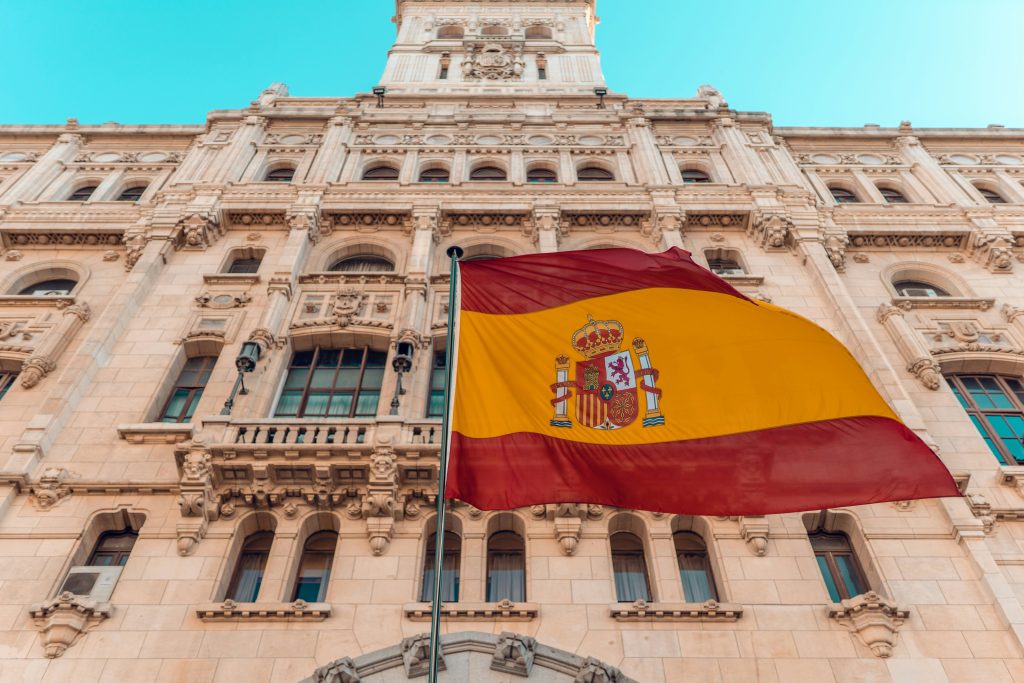The political climate in Spain ahead of the elections

The Spanish are once again being called upon to cast their votes. The national and European elections, which will be held one month apart, are occurring in a country which has been suffering from a period of political instability since the general election of December 2015, which marked the end of the two-party system that had hitherto been in place. Spain may be considered as in the front line of the political crises which, to varying degrees of severity, have not spared any of the most densely populated countries in Western Europe: the United Kingdom, Germany, Italy and France. Since this 2015 election, the Spanish economy has recovered somewhat and unemployment has abated. Yet the country has been hit by a crisis of another kind, following the referendum of 1st October 2017 held by the Catalan government, which weakened Mariano Rajoy’s position and even precipitated his fall. As the subsequent government led by Pedro Sanchez does not enjoy a stable majority, Spanish voters are being called into the polling stations on 28 April, and will vote again one month later for the European elections. The Spanish have suffered from the 2008 financial crisis and the Euro crisis but are gradually recovering their long-standing Eurofavour. These two elections, which may be an opportunity for the far-right to gain an initial foothold in the country, will be significant, not only for Spain’s future, but for that of Europe.




